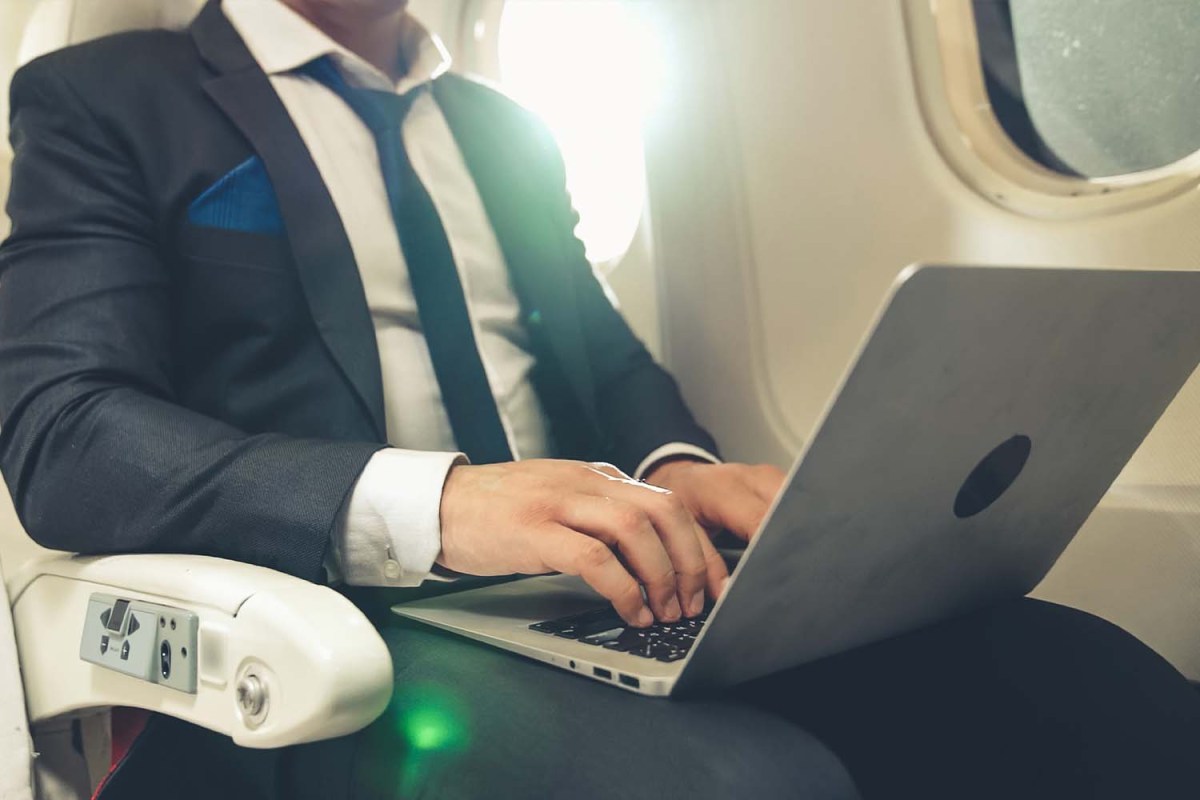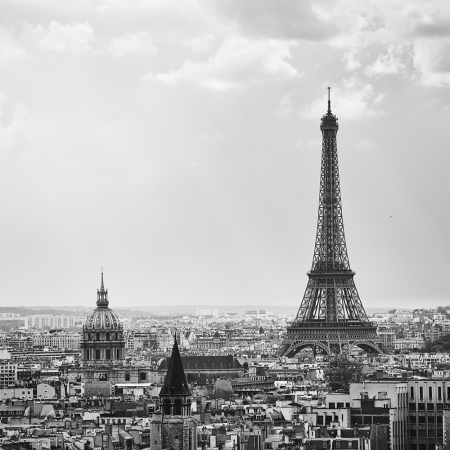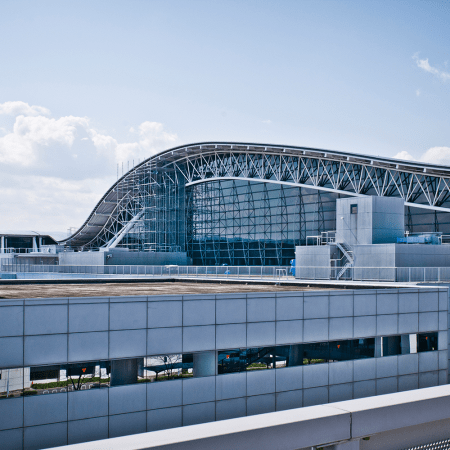Should there be a dress code for flying? Syndicated columnist Christopher Elliot says unequivocally, yes. He is wrong. Unequivocally wrong.
“It’s time for a dress code for airline passengers,” Elliot declared in an op-ed published, shamelessly, in The Seattle Times on Monday. “Seriously.”
The ensuing piece details all the reasons passengers should be required to dress up for a flight — a supposed correlation between dress and behavior chief among them. The increase in unruly passenger incidents, Elliot argues, is due to passengers’ failure to dress for the occasion.
“When people dress better, they tend to behave better,” Thomas Plante, a psychology professor at Santa Clara University, told Elliot. “A dress code might help.”
Now I’m no expert in psychology, nor an advocate for ill-behaved travelers for that matter, but I’ve gotta say….an in-flight dress code (read: “a jacket and tie”), beyond what currently exists (which, generally prohibits bare feet and “lewd, obscene or patently offensive”), as a proposed solution for dealing with unruly passengers strikes me as classist at best, sexist and maybe even racist at worst. Because, sure — strict enforcement of a dress code would likely preclude certain people from flying, but not exclusively the unruly kind.
For the uninitiated, the idea that dress codes perpetuate sexism and racism is not novel (in the 1970s, business owners used them to segregate Black customers after segregation was formally outlawed) and is still especially prevalent in places like restaurants and schools. In 2020, Vice’s Jelisa Castrodale wrote that dress codes “are perhaps the last ‘acceptable’ way for restaurants and bars to scrutinize and discriminate against Black patrons” — a sentiment Eater later echoed. As it pertains to schools, one study noted, “Dress codes convey sexism with a male center gaze and racism with White middle-class norms that serve as a hidden curriculum with inherent biases.”
16 Tips for How to Be a Better Passenger, According to a Veteran Flight Attendant
*Do* wear headphones while watching a movie. *Don’t* do yoga in the galley.Also, if I might offer a little context: in 2021, the rate of unruly passenger incidents did reach a record high, with 5,981 such reports logged. According to the FAA, however, 72% of those reports actually had to do with masking rules and, because there is no scientific data linking masking and manner of dress, Elliot’s theory holds no water.
Further into the piece, etiquette expert Lisa Mirza Grotts tells Elliot “the unwritten dress code for passengers in business class might be worth following.” (“Men typically wear suits in business class, since they will most likely be traveling with only a carry-on. Women in business class usually wear a suit or overcoat,” Grotts says.) As if the unruly passengers only fly economy class.
More context: in September, a New York woman was sentenced to four months in federal prison for disruptive behavior that caused her flight to be diverted. She might’ve been wearing a pant suit, but it didn’t stop her from using a racial slur and spitting on a fellow passenger who confronted her in her first-class seat. This past April, another first-class passenger on a Delta Air Lines flight was accused of getting drunk and forcing himself on a male flight attendant — a level 2 security threat. Around that same that time, another first-class passenger was kicked off a flight following a tantrum over a pre-departure beverage. From the viral video of him being forcibly removed by authorities, he does appear to be wearing a sweater and slacks.
To that end, I’d argue that more inflight incidents actually stem from entitlement than, say, wearing sweatpants.
“In my perfect world, passengers would wear lovely, lightweight, loose-fitting, long-sleeved and long pants outfits,” another etiquette consultant, Jodi RR Smith, says. “And there would not be any inappropriately exposed body parts or offensive slogans on T-shirts and caps.” Imagine interviewing someone who uses the phrase “long pants outfits’” and then being like, “Yep, this is gold…I’ll definitely include that quote in my forthcoming op-ed!”
Anyway, while unacceptable behavior continues to occur, the rate has actually dropped by over 80% since 2021. And not because people are now wearing their Sunday best to travel.
Thanks for reading InsideHook. Sign up for our daily newsletter and be in the know.



















